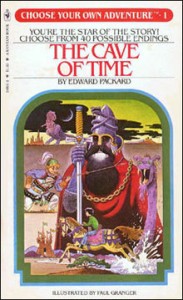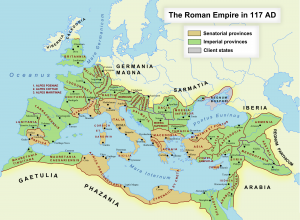 It’s a good question why an agnostic would study early Christianity. I can’t answer for everyone, but I can answer for myself. Even after I have disengaged myself from believing the content of the Christian faith, I have never fully given up the interest in it that was ignited in me through a Catholic education. I still remember fondly my first church history teacher, typically Dutch in his enthusiasm for the somewhat arcane and eccentric subject. This subject did not stop being of interest to me after I was no longer a believer.
It’s a good question why an agnostic would study early Christianity. I can’t answer for everyone, but I can answer for myself. Even after I have disengaged myself from believing the content of the Christian faith, I have never fully given up the interest in it that was ignited in me through a Catholic education. I still remember fondly my first church history teacher, typically Dutch in his enthusiasm for the somewhat arcane and eccentric subject. This subject did not stop being of interest to me after I was no longer a believer.
I also remember sitting in another church history class while in college, when the news of the election of the successor to John Paul II was announced, with the tittering and excitement people felt, most of whom were not themselves Catholic. There is a certain fascination with the subject globally even in people who don’t believe. In Japan, fictional stories incorporate Christian beliefs as an exotic motif. In Russia, where grown men have gotten into barroom brawls over Kant, they also have interest in speculation on the subject, which casts its shadow over the whole history of the Western world. And in California, where I live, a Persian friend of mine who is a Muslim had been himself wondering whether he should rather be a Christian. Suffice it to say that people of many backgrounds have found the subject of Christianity interesting.
My wife, who has a Lutheran background, has a story not that much unlike my own, except for all of the most nerdy bits. She also had passionate involvement with the church in her youth. She also continues to have a level of attachment and fascination, as I do. She also has no desire to be a part of any church. Of course, she has even less a desire to take up the academic approach to the study of religion as a hobby. It takes a certain kind of nerd to appreciate that. Continue reading »
 Not just another Wikipedia rant: it’s worth thinking a little about what what makes the world’s largest encyclopedia tick, what’s different about academically-oriented writing, what the relative strengths of the two are, and why it matters.
Not just another Wikipedia rant: it’s worth thinking a little about what what makes the world’s largest encyclopedia tick, what’s different about academically-oriented writing, what the relative strengths of the two are, and why it matters.


